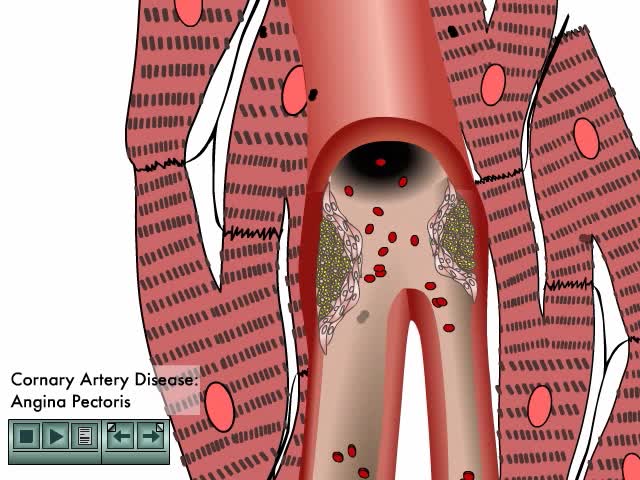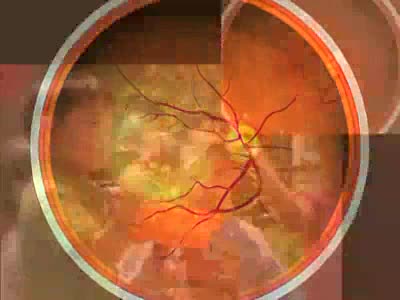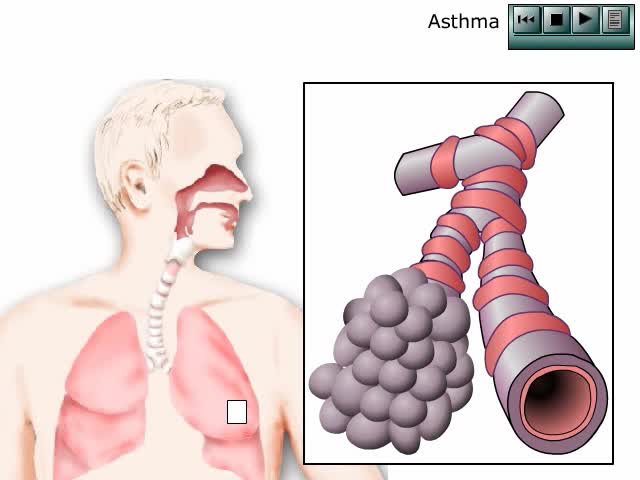Search Results
Results for: 'disease'
By: Administrator, Views: 14456
Coronary heart disease accounted for 23.5 percent of all deaths in the U.S. in 2008. According to the Centers for Disease Control and Prevention (CDC), about 735,000 Americans have a heart attack each year. Warning signs and symptoms include chest pain or discomfort and shortness of breath. Ex...
Coronary Heart Disease Animation
By: Administrator, Views: 14568
Arteriosclerotic heart disease occurs when arterial vessels are marked by thickening, hardening, and loss of elasticity in arterial walls. Course of cardiovascular disease accelerates due to: Reduced blood flow Rlevated blood lipids Defective endothelial repair
Introduction to Macular Degeneration
By: Administrator, Views: 14144
Macular degeneration An incurable, age-related, progressive eye disease that affects more than 10 million Americans. Leading cause of blindness for those ages 55 and older. Macular degeneration For the first time, researchers have linked gene defects to macular degeneration. Could lead to ...
By: Administrator, Views: 14393
A urinalysis is a test of your urine. A urinalysis is used to detect and manage a wide range of disorders, such as urinary tract infections, kidney disease and diabetes. A urinalysis involves checking the appearance, concentration and content of urine. Abnormal urinalysis results may point to ...
By: Administrator, Views: 14089
Chronic kidney disease (CKD) is the presence of kidney damage, or a decreased level of kidney function, for a period of three months or more. Kidney disease can range from mild to severe and in some cases, lead to kidney failure.
Gastroesophageal Reflux Disease (GERD)
By: Administrator, Views: 14078
Gastroesophageal reflux disease, or GERD, is a digestive disorder that affects the lower esophageal sphincter (LES), the ring of muscle between the esophagus and stomach. Many people, including pregnant women, suffer from heartburn or acid indigestion caused by GERD.
By: Administrator, Views: 14226
Spirometry is a common test used to assess how well your lungs work by measuring how much air you inhale, how much you exhale and how quickly you exhale. Spirometry is used to diagnose asthma, chronic obstructive pulmonary disease (COPD) and other conditions that affect breathing
By: Administrator, Views: 14148
Asthma is a common chronic disease worldwide and affects approximately 26 million persons in the United States. It is the most common chronic disease in childhood, affecting an estimated 7 million children. The pathophysiology of asthma is complex and involves airway inflammation, intermittent ai...
Types of disease resistance: innate defenses & immunity
By: HWC, Views: 11433
Our immune system protects us and helps fight off disease. Microorganisms, small microscopic organisms, and viruses are everywhere. Ever thought about how many are on that door you just opened? Many microbes and viruses can cause disease and are termed pathogens. Plants and animals have what i...
Advertisement











